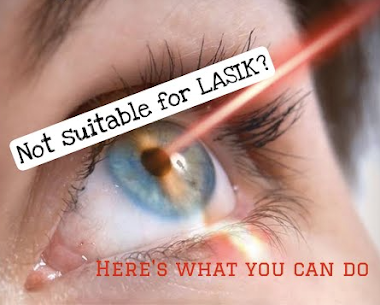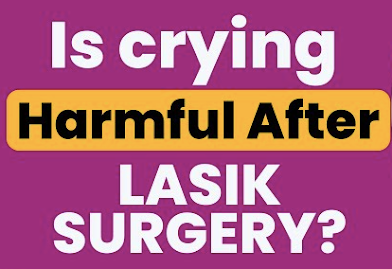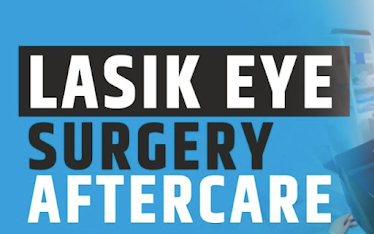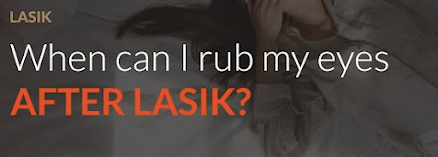Who is not suitable for laser eye surgery?

Laser eye surgery has transformed the lives of millions by offering improved vision without the need for glasses or contact lenses. Having said that, it is only appropriate for a select few. Laser Eye Surgery: Understanding Who may not be suitable and Why Let's explore who may not be suitable candidates for laser eye surgery and the reasons behind it. Understanding these limitations is important to ensure the best possible outcomes for individuals considering this life-changing procedure. Unstable Vision Prescription Individuals with an unstable vision prescription, characterized by frequent changes in their prescription, may not be suitable for laser eye surgery . The surgery aims to correct vision based on a stable prescription. Those experiencing fluctuations in their vision may require additional time for their prescription to stabilize before considering the procedure. Ensuring that the eyes have reached a consistent refractive state is essential to achieve optimal results. A...




